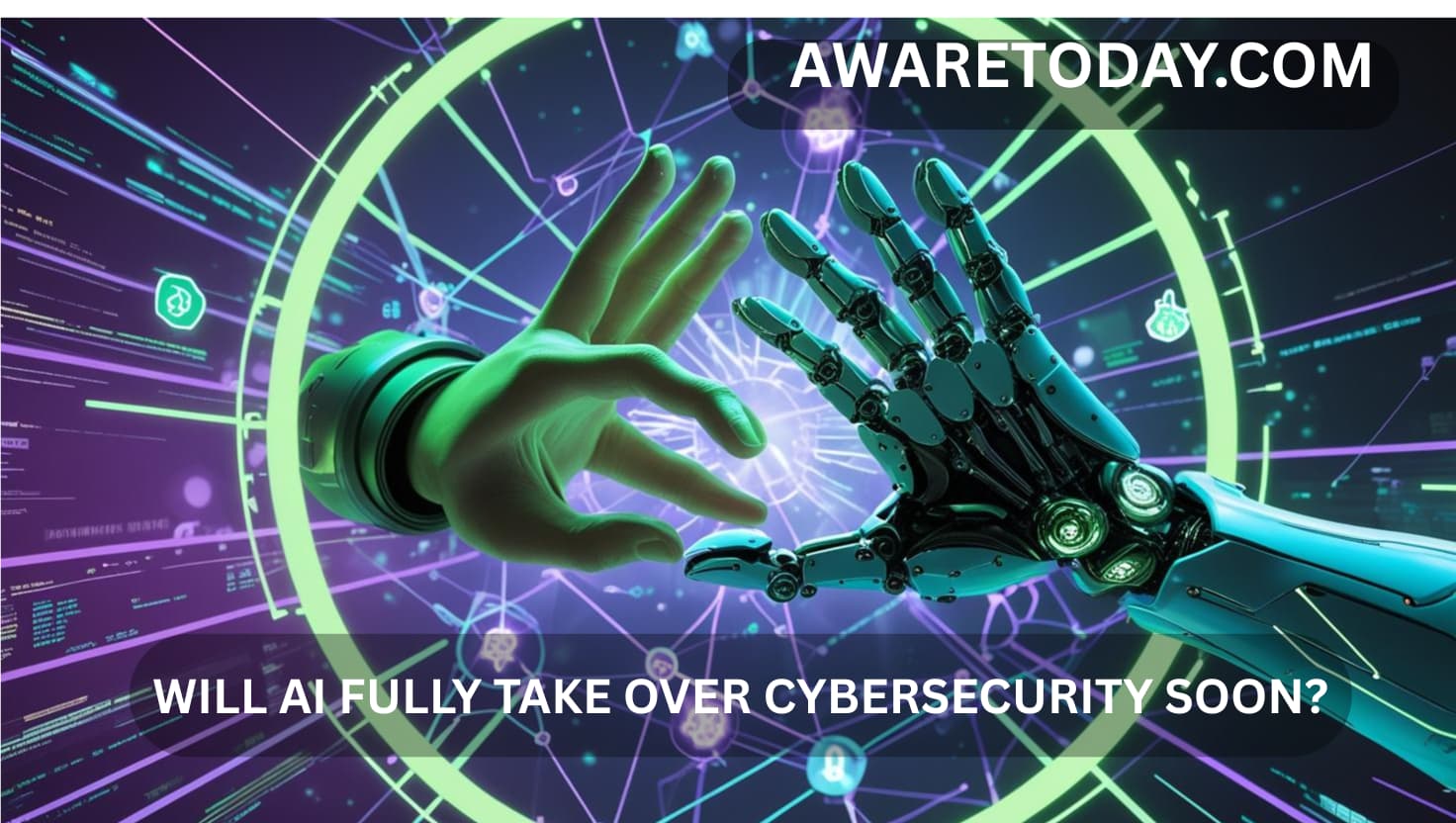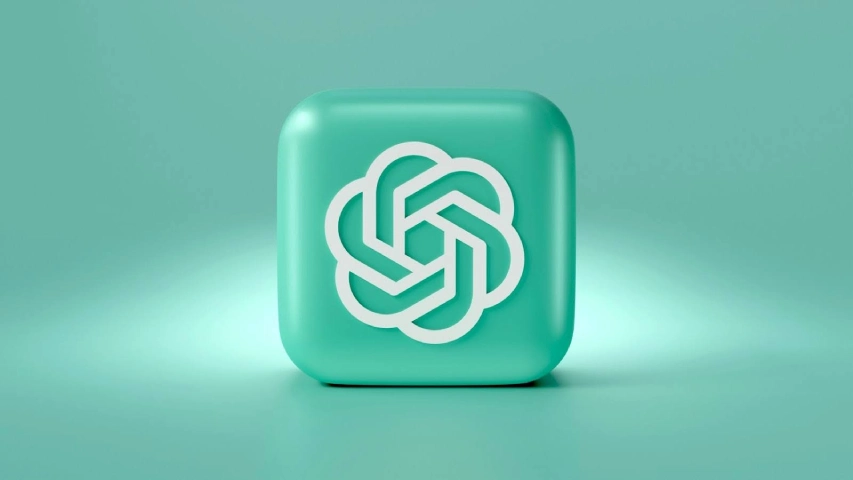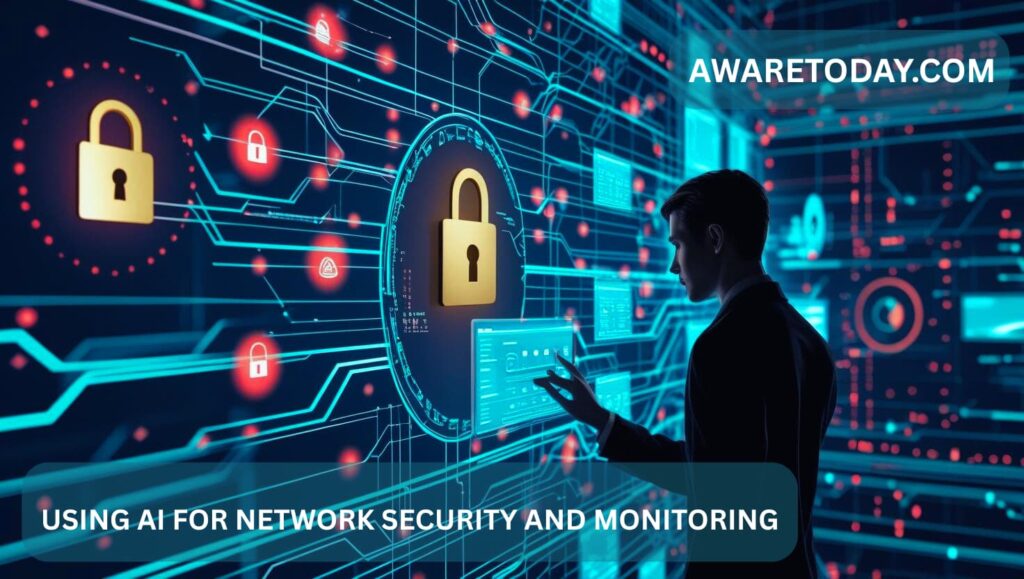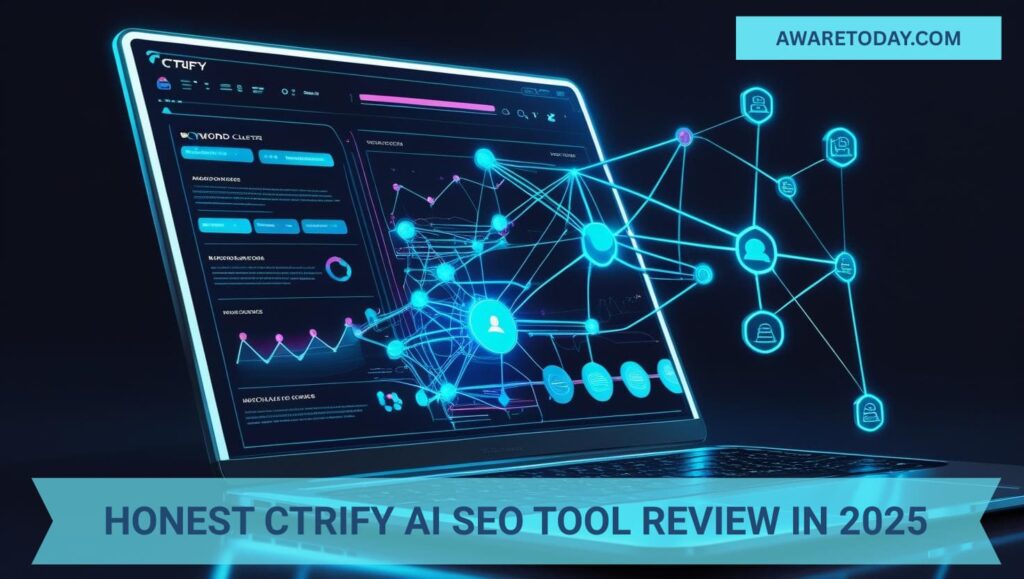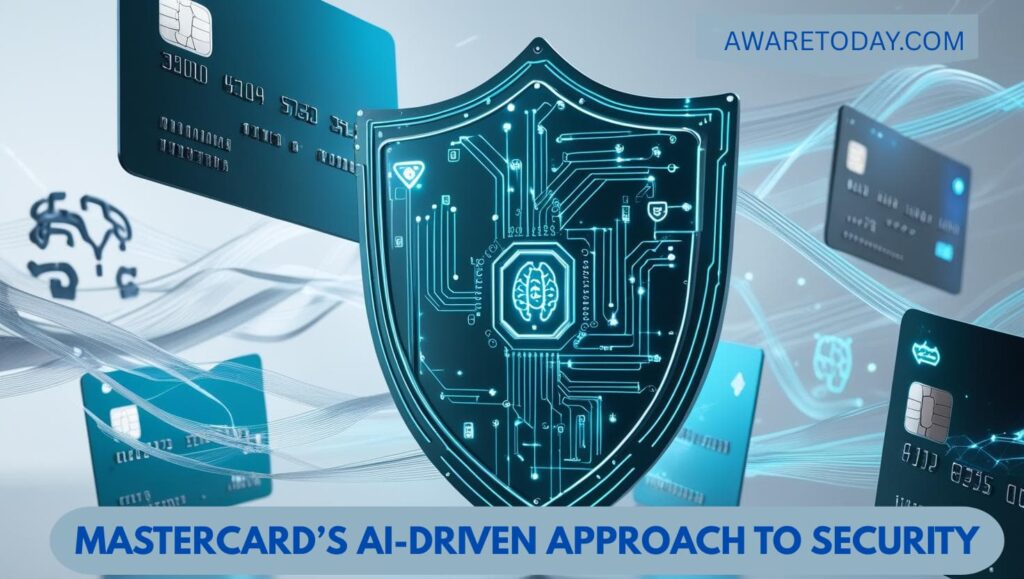Will AI Fully Take Over Cybersecurity Soon?
As our world becomes more connected, the internet is no longer just a tool, it’s a target. Cyber threats are rising fast. Hackers are getting smarter, and their attacks are doing more damage. Dangerous software is harder to stop. Today, the chance of harm in the online world is greater than ever, and protecting this space is more critical now than ever.
Can artificial intelligence take over my digital life to protect it? Is AI going to take over for humans in cybersecurity soon? These are easy questions to ask. The complexities of the dialogue become interesting in the exchange we will have now.
We have experienced a revolution in AI, developing its influence in Cybersecurity practices. Companies are beginning to utilize automated AI tools to identify abnormal activity. These tools can stop potential attacks in their tracks before ever reaching systems. They can even identify where the next attack might take place. Governments and individuals utilize AI as well.
However, do we trust a cold, fast, and automated process to protect us from threats? At Aware Today, we plan to explore this issue in addition to illuminating what we might be moving towards in the days ahead.
Understanding AI’s Current Role in Cybersecurity.
Artificial Intelligence is currently doing a lot of work in the background of many cybersecurity systems. AI can monitor data traffic and alert you when it finds something suspicious. AI is different from old-school security systems, which use rules to indicate there is a threat. They are like fixed rules. AI can learn from its experiences based on historical actions. AI can recognize patterns and learn and adapt from them.
To give an example. AI can look at thousands of emails and see how phrases and links are used previously, enabling it to identify threats. AI can also track login behavior across thousands of accounts. It flags login attempts that don’t match the user’s usual behavior.
Like a digital guard dog, AI stands on constant watch for threats. This automation eases the burden on human teams. It allows faster detection of the threat and also vastly improves the response time.
What Makes AI So Effective in Cyber Defense?
AI works rapidly. It can analyze millions of files, emails, or other websites in a matter of seconds. It doesn’t get tired or distracted. That makes it very useful for finding threats over vast systems. AI becomes better through experience. With a certain kind of machine learning, it improves and learns from new threats
In addition, AI can help allow for the prediction of cyber threats. By analyzing past data, it can recognize patterns that usually result in an attack. This goes a long way to hardening systems before hackers strike.
But Is AI Ready to Work Alone?
AI does have great potential, but it is not perfect. One issue that exists with AI is that it can sometimes be fooled. Attackers can deceive AI by making slight deviations called “adversarial inputs.” These inputs allow hackers to bypass AI, as well as bypass security systems and create vulnerabilities.
Furthermore, AI does not have human judgment. AI can track patterns very well, but it does not understand the context. It cannot tell the difference between a laptop with malware and an engineer’s laptop. It cannot tell if an urgent email from a boss is real or fake. unless a human analyzes its findings. In many cases, humans must make the final decisions. Cybersecurity is not just about numbers and patterns it is also about understanding human behavior, motives, and intent.
The Human Touch: Still Essential in Cybersecurity
Cybersecurity practitioners have some things to offer that AI still cannot. This includes: critical, ethical, and creative thinking. Humans can also analyze unusual situations. They make connections that machines may miss, and adapt to evolving threats
And many times, ethical decisions in cybersecurity require a human voice. For example, when there is a security incident, someone has to decide on what response to take. Another decision to make is whether the person needs to disclose the incident to the public. These resolutions include trust and law, in which AI, a technology, does not fully understand.
AI can enable people to operate more efficiently and effectively. However, we are not one hundred percent, and probably will not be. We are not ready to completely turn over the work to machines. We see a future where people and machines work in unison.
Why a Hybrid Approach is the Real Future
To truly advance, the best tactic is not to choose between humans and artificial intelligence. But rather to harness their capabilities cooperatively. In this case, humans and AI can implement a hybrid approach. AI is capable of completing routine tasks like running logs or filtering threats. Humans can continue the more meaningful work of evaluating decisions, planning investigations. They could also make informed decisions based on ethical and strategic considerations
Using a mixed approach means that companies will be able to scale the overall cyber security capabilities in their organisation. Not losing the essential human element of the work. What safe cyber practice? It means an environment where technology must align with ethical and social norms. It usually creates a better learning process for the AI system. Eventually, both humans and machines become more proficient.
A hybrid approach enables organizations to manage growth in their cybersecurity systems effectively. Alongside retaining the essential human element needed in the process. Additionally, a hybrid approach upholds safe cyber practices in an environment. Giving room for technology to be bound by ethical and social values. Furthermore, it continues to enhance the experience of learning for AI. Over time, both humans and machines are better able to safeguard against threats.
What Are the Challenges Ahead?
Even though artificial intelligence (AI) is still rapidly developing, there are many challenges to address. Firstly, much data is needed for AI systems to learn about privacy. Especially when it comes to personal and private data.
Secondly, AI tools are expensive to develop and maintain. So it may be difficult for many smaller companies to have access to the same `best tools. This places a disparity in levels of protection for organizations.
Furthermore, as AI systems become strongers, hackers better tools to launch attack. Cybercriminals are also using these tools to conduct attacks. Attacks which are smarter and are difficult for defenders, who must be one step ahead of the attack.
Finally, there is a base requirement for laws and policies around the use of AI. Without a government or industry-imposed framework, there is a risk of inappropriate use or unintended consequences of AI.
So, Will AI Take Over Cybersecurity?
The simple answer is no, not completely. AI is important in cybersecurity, but it is too early to say that AI will take over. AI is a very sophisticated and beneficial tool, but not a substitute for good human supervision.
Cybersecurity is more than just an attack and defense situation. It involves understanding humans, what ethical choices exist, and the responsiveness to minute changes. These areas still need emotional intelligence and human judgment. AI will continue to be adopted. It will improve and learn and thus will become much better and smarter than it presently is.
What Lies Ahead: What Can We Expect?
As technology advances, AI tools will improve, and detections will improve. Furthermore, responses to security threats will increase and be much quicker. At the same time, we have to be mindful of new problems and new risk detection. Security threats will be more numerous and significantly faster. At the same time, we need to be aware of new challenges and risks.
Cybersecurity will be a collaborative effort, not only between the human security experts, but between humans and machines as well. Success is going to depend on how we reconcile the capabilities of AI. Ethical and effective use of AI will take all of us working collectively. The employee, the corporation, the government, and individual AI users.
Why Aware Today Believes in Balanced Progress
We at Aware Today believe in innovation and the importance of keeping people informed. The world is constantly changing and evolving. It is our job to have the hard and honest conversation on technology. AI is not a threat, it is a tool.
We hope our readers will recognize the potential of AI. Also, approach the future with awareness and thoughtful consideration. Work with AI to keep the world safe.
Conclusion: Partners in Protection
To answer the original question of whether AI will ever completely take over cybersecurity shortly? Simply put, NO, not completely, not yet, and perhaps, never!
What we will see is a strong and growing partnership between AI and Human Subject Matter. Experts who exploit the best of both to achieve what no one could ever do alone. The future of cybersecurity is about smarter machines with people in the collaborative process. The future is not about machines replacing people. It is only about machines and people acting as partners to build a more secure and digital world.
So the next time you hear about AI in cybersecurity, remember this. It is not a takeover, it is a collaboration. And Awaretoday.com will be here to keep you informed of every detail along the way.

